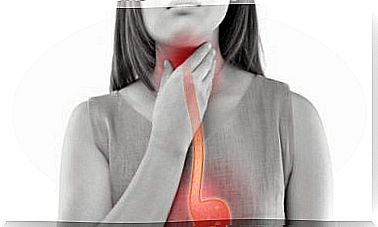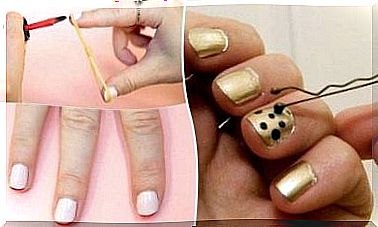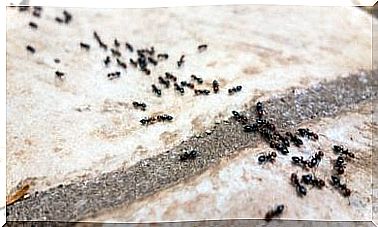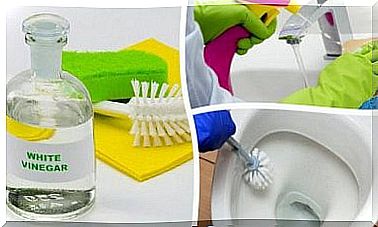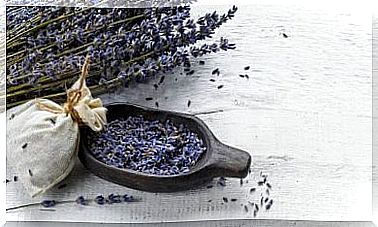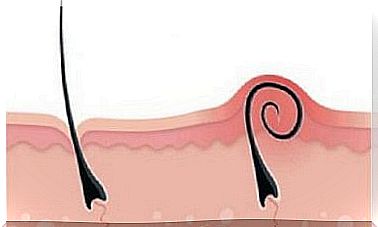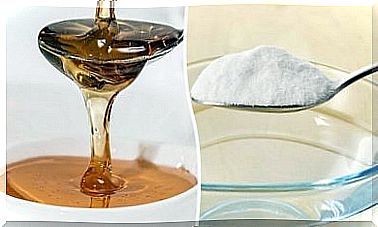8 Foods To Avoid For A Healthy Liver
Having a clean, healthy liver is necessary for good health. An intoxicated liver causes headaches, abdominal distension and skin problems.
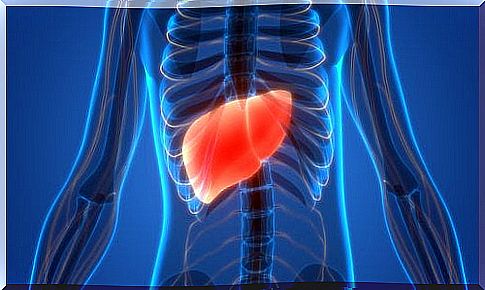
The liver is an essential organ for the digestive system to work optimally without overloading itself and for everything to work properly. It is therefore important to have a healthy liver.
Why is it important to have a healthy liver?
- It is the organ responsible for detoxifying the blood since it acts as a filter.
- It stores vitamins and minerals.
- Transforms stored sugar into usable energy for the body.
- Produces bile, which helps digest fat.
- It is also of great importance when it comes to helping us maintain our weight.
- An unhealthy diet promotes the development of liver diseases, such as hepatitis, cirrhosis, fatty liver disease and cancer.
Foods that prevent you from having a healthy liver
1. Sugar
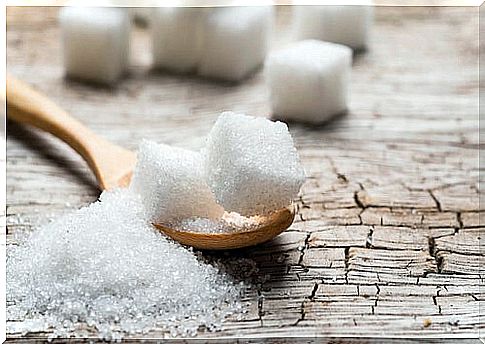
Consumption of desserts, sugary drinks, candies and all types of sweets made from refined sugars is a risk factor, since it can trigger liver diseases such as fibrosis.
2. Salt
Excessive salt intake raises blood pressure and increases the risk of developing fatty liver disease (fatty liver disease).
It is important to read the labels of the products we consume to control the amount of sodium added.
3. Alcohol

Alcoholic drinks interfere with the normal functions of the liver.
A chemical imbalance then occurs, and liver cells are destroyed, which can lead to hepatitis or cirrhosis.
4. Saturated fat
Fatty foods are high in calories and increase triglyceride levels (which damage the liver).
To have a healthy liver, it is important to reduce your consumption of butter, fatty meats, mayonnaise, crème fraîche or cold meats.
5. White and refined flours
Plenty of carbohydrates can prevent large amounts of fat from being used for energy. In this case, they do not burn, which causes an increase in stored fat.
- Insulin levels rise, and insulin resistance is the root cause of many coronary heart disease.
- The body converts excess carbohydrates into glycogen, and stores it in the liver and muscles.
- Under these conditions, these carbohydrates turn into fat and are stored in adipose tissue. The result is overweight and obesity.
6. Very spicy food
The excess of spices contributes to damage our liver.
It is therefore important not to consume too hot or spicy dishes, as we could suffer from digestive disorders.
Our liver could even be irreversibly damaged.
7. Frying
Fats, or lipids, are nutrients found in food, and are used to build cell membranes, tissues, and hormones.
- The problem is that these fats, consumed in excess, are harmful to our health and our liver.
- The fats that we ingest but which are not burned in the form of energy are transformed into fat cells.
- They mainly turn into abdominal adiposity, which is an important risk factor, because it can lead to the development of different diseases such as:
- Type 2 diabetes
- cardiovascular illnesses
- colon and breast cancers
8. Medicines
Some medicines can have side effects if taken incorrectly or if mixed with alcohol.
In the event of self-medication, our liver can then suffer significant damage. This is why it is recommended to consult an expert who can give you a diagnosis and then prescribe the medication you need.
Recommendations to follow for a healthy liver
- Eat a balanced diet with fiber, vitamins and minerals
- Also increase your consumption of fruits, vegetables and pulses
- Also eat low-fat white meats, fish, or skinless chicken.
- Bet on raw salads
- Drink between 2 and 3 liters of water per day
- Also drink herbal infusions that help the digestive process (chamomile, mallow, verbena, marcela)
- Limit alcohol consumption
- Watch your weight because obesity as much as thinness affects liver tissue
- Exercise regularly
- Also sleep the necessary number of hours
- Avoid tobacco
- Do activities to keep stress down.
Remember that poor nutrition has nothing to do with the amount of food you eat, but with the quality of the diet.
A person can be overweight and lack vitamins and nutrients even though they consume a large amount of food because their diet is not balanced.
If you have any doubts about your diet, it is important to consult a dietitian who will therefore be able to clarify all your doubts and guide you towards a correct and healthy diet.
A good diet is therefore essential to take care of your health!
Main image courtesy of © wikiHow.com
